Zimbabwe has launched a blockchain-enabled registry that enables approved project developers to transparently trade the nation’s carbon credits, eliminating the need for centralized trust and ensuring integrity in carbon markets.
Described as the world’s first of its kind, the platform, available at https://zicma.org.zw/, aims to enhance transparency in emission offset trading and restore investor trust after the country lost millions due to unregulated carbon credit transactions, particularly highlighted by the controversial Kariba trading venture facing profiteering allegations.
Minister of Environment, Climate and Wildlife, Evelyn Ndlovu said the integration of blockchain technology into the carbon registry is a breakthrough for transparency, security and trust among traders.
“Every transaction within the registry will be fully traceable, providing an immutable record of carbon credit issuance, trading and retirement. This technology ensures the integrity of our carbon market and provides the global community with confidence that the credits we trade are genuine, measurable and impactful,” she said.
Harib Bakhshi, Chief Executive Officer (CEO) of A6 Labs, a Dubai-based company contracted to set up the carbon registry said that blockchain is the perfect technology for carbon credit registries because it guarantees trust, security, and transparency through its core features. Unlike traditional databases, blockchain eliminates the need for centralized trust, making it the best solution for ensuring integrity in carbon markets.
“It is tamper-proof, immutable, transparent, and traceable. That data can never change, giving absolute confidence that these assets can be trusted by all. So when you’re looking at something like a registry for carbon credits, the blockchain is actually the ideal technology for that,” he said.
Bakhshi emphasized that if implemented correctly, blockchain has the potential to effectively tackle significant issues such as greenwashing and double counting.
Blockchain has the ability to create a reliable system that verifies the authenticity of carbon credits and prevents misleading claims about environmental impact.
“The same way that not all carbon credit registries are equal, not all uses of blockchain will be equal, but storing every piece of information that you can possibly gather and storing that on the blockchain, it eliminates the need for greenwashing. There is no incentive to greenwash, everyone can see what you’re doing.”
“Double counting, in essence, is something that the blockchain solves on its own. Every tokenized asset in the blockchain can only ever be owned by one person, it cannot be double counting. You cannot claim an offset by owning one of the carbon credits in Zimbabwe until you have retired it. Once you’ve retired it, the blockchain will never allow you to sell it again,” he added.
Kudakwashe Manyanga, Co-Founder and CEO of the Africa Institute for Carbon Trading (AIFCT), highlighted that the major flaws facing carbon markets globally include integrity, transparency, accessibility, environmental integrity, and sustainability. Many internationally registered and traded carbon credits have been found to lack these essential qualities. However, the introduction of blockchain technology is expected to address these challenges effectively.
“I think this platform that Zimbabwe has established, the first of its kind in the world, can truly integrate. If an investor or buyer of the carbon credit is concerned about whether the credit has the intended environmental impact, they can easily trace it from start to finish,” he said.
What is blockchain and how does it work?
The blockchain is a decentralized database that cannot be altered, owned, or controlled by anyone. It is public and accessible to all, with data stored across hundreds of thousands or even millions of computers worldwide instead of on a single device. In simple terms blockchain is like a digital ledger (record-keeping book) that everyone can see and trust, but no one can cheat or change.
For carbon credits, every carbon credit created within Zimbabwe will be stored on the blockchain as a tokenized asset, with one carbon credit equaling one token. Everyone can see all activities related to that carbon credit on the blockchain.
This includes information about ownership, sales, retirements, and project details, making everything fully traceable and transparent. For carbon credits, this means issues of openness in terms of who actually owns the credit and its origin, can no longer be hidden. This visibility enhances confidence in the international community that these credits can be trusted. Many Zimbabweans are new to carbon credits, which also impacts their understanding of returns.
In terms of security, how does blockchain resist hacking and other security threats?
Companies and governments around the world will purchase carbon credits to reduce their emissions. By buying a carbon credit, they claim that their emissions are lower. However, the blockchain system is designed so that simply purchasing a carbon credit is not enough to assert a reduction in emissions.
You must retire that credit, at which point you will receive a certificate of retirement. Only with this certificate can you claim that you have reduced your emissions. To obtain the certificate, the credit must be retired, meaning it can never be sold again.
You cannot buy a credit, claim to have reduced your emissions, and then sell it to another person. You must retire the credit; it can no longer be sold. Only then will you receive the certificate of retirement, which serves as proof that you have reduced your emissions.
In terms of security, how does blockchain resist hacking and other security threats?
According to A6 Labs the developers of blockchain, blockchain have existed over a decade and never had issues of down time or issues in data points being manipulated. It has a 100% uptime interim of its history and there never has been an issue. Everything is backed up , not only are they using the blockchain, the blockchain is the main infrastructure , but everything is backed and stored in multiple databases. Backups are taken periodically, on hourly basis and every 24 hours and data is stored in different servers across the world.

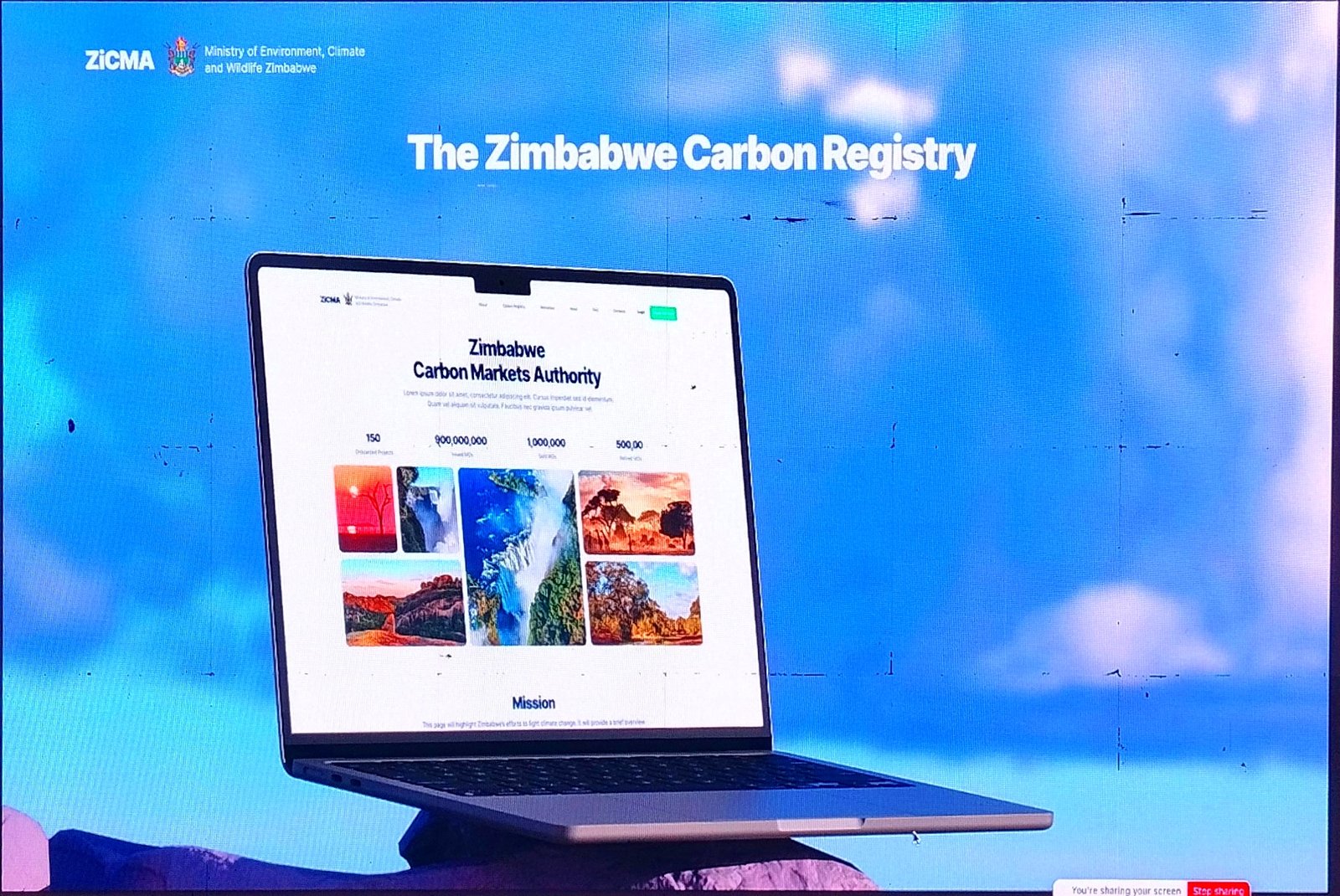
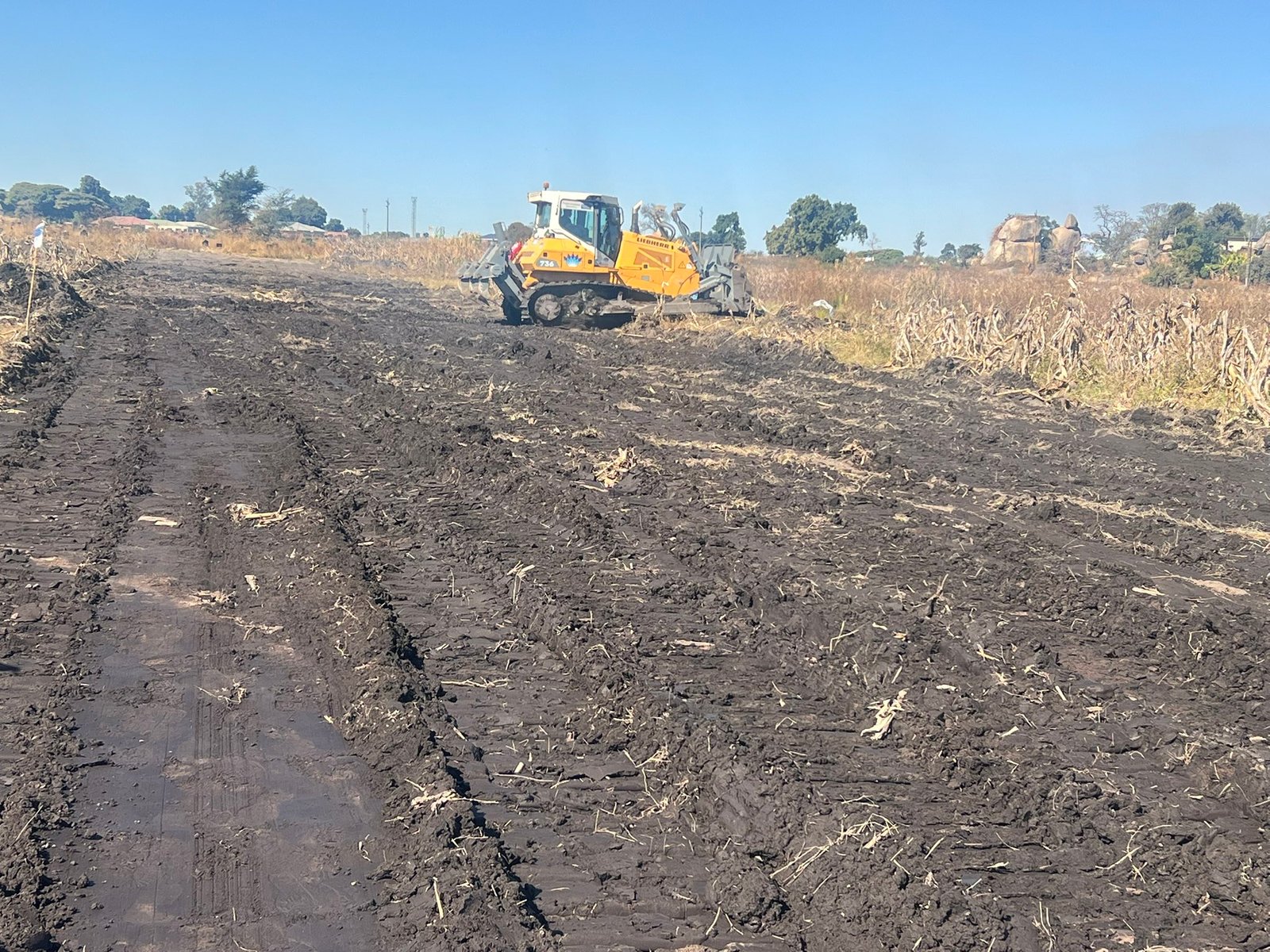
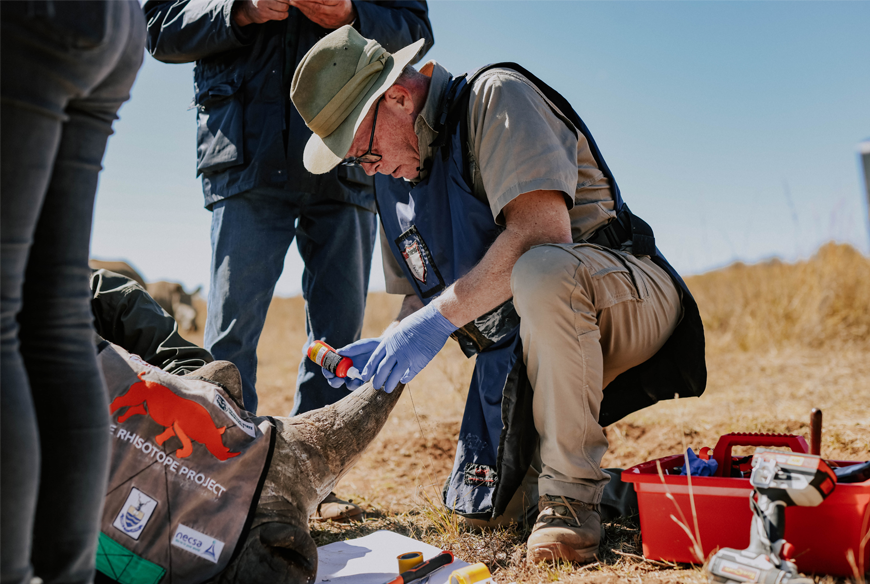
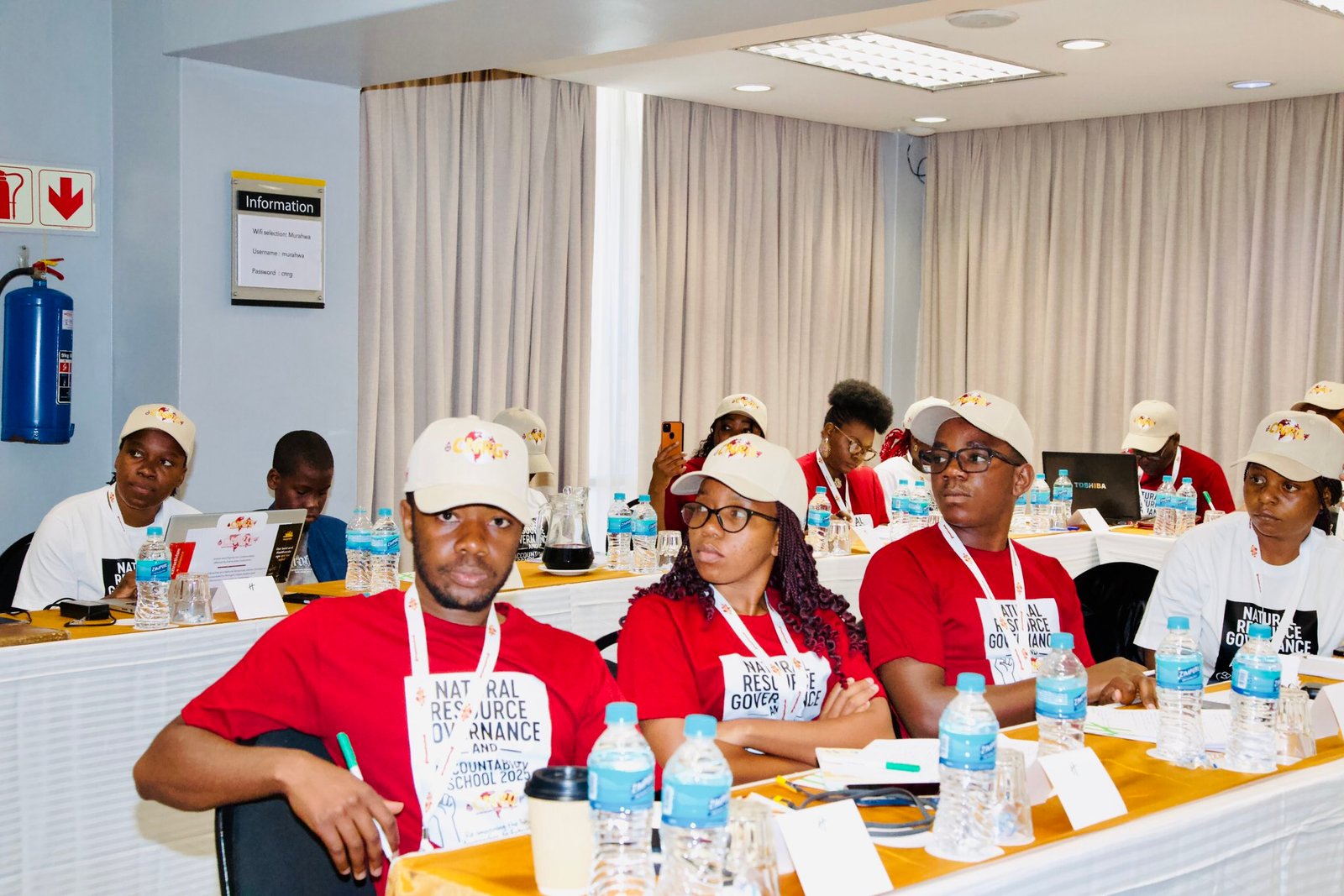
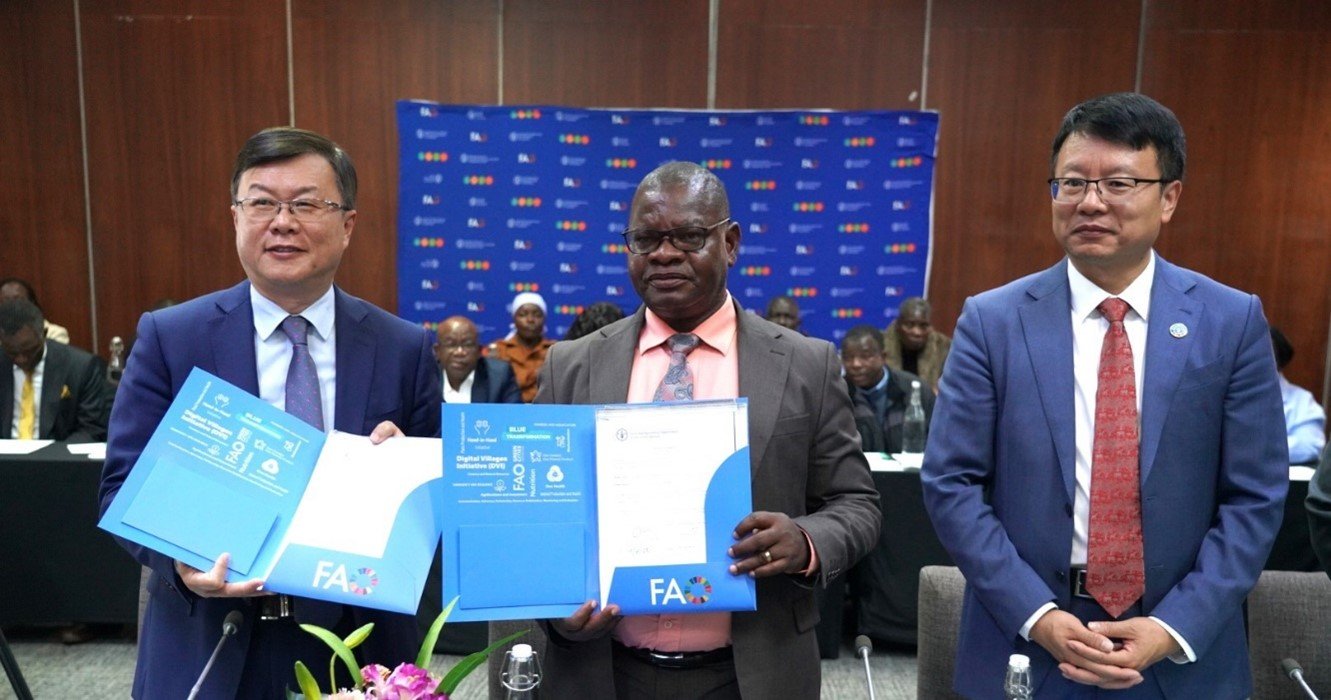
One thought on “The first of its kind in the world: Zimbabwe debuts blockchain registry for carbon-credit trading ”